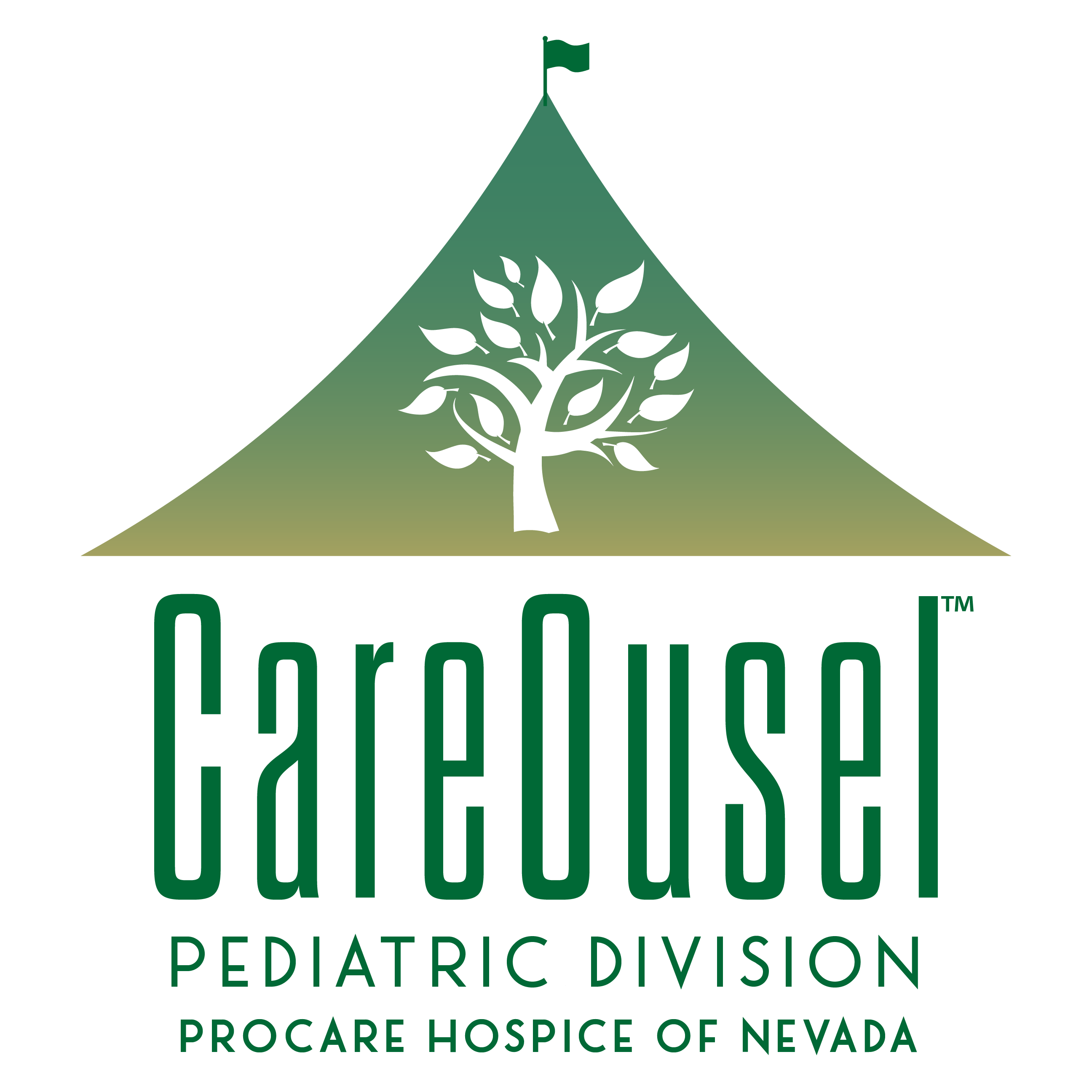When someone you love is in the final stages of dementia, every day can feel uncertain. Memory fades, words disappear, and even basic tasks like eating or sitting up become difficult. Families often reach a point where they wonder if more help is available—or even what help would look like.
Hospice care offers relief in this difficult season. It shifts the focus from trying to treat the disease to making the time that remains as peaceful and supported as possible. For people living with advanced dementia, hospice can improve comfort, reduce distress, and support family members through one of life’s most emotional transitions.
Table of Contents
- What Advanced Dementia Really Looks Like
- Why Hospice Isn’t Just for the Final Days
- The Medical Side of Comfort
- Supporting Emotional and Spiritual Needs
- Tools and Supplies That Make a Difference
- What In-Home Hospice Support Looks Like
- Helping the Whole Household Prepare
- Care That Centers Around Dignity
- How ProCare Hospice of Nevada Can Support You
- Frequently Asked Questions
What Advanced Dementia Really Looks Like
By the time dementia reaches its final stage, the person you love may no longer resemble who they once were, not in memory, conversation, or behavior. They may sleep most of the day, stop recognizing family members, or stop responding altogether.
This stage often includes:
- Loss of ability to walk or stand
- Incontinence
- Difficulty swallowing or frequent choking
- Little to no verbal communication
- Major weight loss
- Repeated infections, like UTIs or pneumonia
- Withdrawal from surroundings
Care needs become constant. You may feel like you’re guessing what your loved one needs, or unsure whether they’re in pain. This is exactly where hospice steps in.
Why Hospice Isn’t Just for the Final Days
Many families think hospice is only for the last few days of life. In reality, hospice can start much sooner, months, even. Once a doctor determines that a patient has a life-limiting illness and a life expectancy of six months or less, they may be eligible.
For someone with dementia, it’s not always obvious when that point has come. That’s why it’s okay to ask. Hospice providers can evaluate the situation and offer honest input. Enrolling earlier means your loved one receives more time with dedicated care, and your family gets more time to prepare, connect, and process.
Hospice doesn’t mean giving up. It means stepping into a more supportive, comfort-focused stage of care.
The Medical Side of Comfort
Hospice provides clinical care, but with a different goal. Instead of trying to treat dementia, hospice focuses on relieving the symptoms it causes.
That includes:
- Managing pain when the person can’t describe it
- Calming agitation or restlessness
- Supporting healthy skin and preventing sores
- Easing breathing issues
- Helping with nutrition or dry mouth
- Using medications only when necessary, and only for comfort
Nurses visit regularly and coordinate care with a physician who understands hospice medicine. Medications are monitored and adjusted to keep the patient as relaxed as possible. The hospice team checks in often to make sure the care plan fits the person’s condition as it evolves.
You don’t have to handle these medical needs on your own. Hospice staff help you know what’s normal, what’s changing, and how to respond.
Supporting Emotional and Spiritual Needs
Even when someone can no longer hold a conversation, their emotional world still matters. They may feel fear, confusion, or distress, often without being able to express it. Hospice offers gentle, nonverbal ways to provide reassurance.
This might include calming routines, soothing voices, familiar music, or just quiet companionship.
Hospice also supports the emotional and spiritual needs of the family. Social workers and chaplains are available to talk through hard decisions, sit with grief, and listen without judgment. Some families want prayer. Others need space to cry or ask questions no one else has answered.
Care doesn’t stop at physical symptoms. Hospice embraces the whole experience: the medical, the emotional, and the unseen.
Tools and Supplies That Make a Difference
Advanced dementia often comes with physical decline. People may become bedbound, unable to speak up about pain, or prone to falls. Even changing position or going to the bathroom may require full assistance.
Hospice brings in the equipment needed to make home caregiving safer and easier. This may include:
- Adjustable hospital beds
- Pressure-relief mattresses
- Wheelchairs, walkers, or bedside commodes
- Incontinence supplies
- Bathing tools or mouth care items
- Oxygen support
These tools help caregivers manage daily needs without causing injury or exhaustion. They also help the person stay more comfortable and clean, which can lower anxiety and improve overall quality of life.
Hospice teams also train families on how to use the equipment and make adjustments over time if the person’s condition changes.
What In-Home Hospice Support Looks Like
Hospice care is most often delivered where the patient considers home. This might be a private residence, an assisted living community, or a nursing facility. The goal is to provide care in a space that feels familiar and safe.
A nurse visits regularly, checking for new symptoms and adjusting medications when needed. A certified nursing assistant may come to help with hygiene, such as gentle bathing or repositioning to prevent skin breakdown. Social workers and spiritual care providers check in based on the family’s preferences.
Families are not left alone between visits. Hospice offers 24/7 access to support, whether that’s answering a question late at night or sending a nurse out when something changes unexpectedly. This kind of around-the-clock availability brings peace of mind, especially during moments of uncertainty.
Helping the Whole Household Prepare
One of the most important roles hospice plays is helping families prepare emotionally, practically, and logistically. As a loved one nears the end of life, uncertainty can feel overwhelming. Hospice brings a sense of structure.
The care team walks families through what changes to expect and what each stage might look like. They offer help with paperwork, explain symptoms in clear terms, and guide caregivers through the process of saying goodbye. They also help coordinate final arrangements if families wish to discuss them.
The presence of a hospice team doesn’t erase the pain of loss, but it helps families feel more supported, less alone, and more able to focus on being present.
Care That Centers Around Dignity
Even in silence, even when memories are gone, the person still matters. Hospice care holds space for this truth. It affirms that every life is worth honoring, and that comfort is not just physical, it’s emotional and spiritual, too.
With dementia, the final stage is often slow and quiet. Hospice helps preserve dignity in that stillness. Whether it’s through a soft blanket, a song from the past, or simply holding a hand, hospice centers the human experience in its most honest form.
This type of care isn’t about fixing what’s broken. It’s about meeting someone where they are and surrounding them with peace.
How ProCare Hospice of Nevada Can Support You
If you’re wondering whether hospice is the right next step for your loved one with dementia, it’s okay to ask. You don’t need to wait for a crisis.
Hospice providers are available to answer questions, explain the process, and help families feel more informed, even if you’re not ready to begin care.
At ProCare Hospice of Nevada, we are available 24/7 to help you navigate this difficult season. You can call us at (702) 380-8300 to speak with a member of our team who will walk you through what support might look like for your family.
Frequently Asked Questions
- Is hospice care only for people in the final days of life?
No. Hospice is available for those expected to live six months or less. Many people receive care for several weeks or months.
- Will hospice continue medications?
Yes. Medications that provide comfort or symptom relief are typically continued. These might include medications for pain, anxiety, agitation, or breathing support. The hospice team will review all medications to determine what’s appropriate for the patient’s stage and comfort goals.
- Do hospice staff visit regularly, or only when there’s a problem?
Hospice care includes scheduled visits from nurses, aides, social workers, chaplains, and other team members. The frequency of visits depends on the patient’s needs, and emergency support is available 24/7.
- What happens if my loved one’s condition improves?
If a patient’s condition stabilizes or improves, hospice care can be paused. Patients can be discharged from hospice and may return later if needed. It’s a flexible benefit that can change with the person’s condition.
- Does my loved one need to be in a hospital to qualify for hospice?
No. Hospice is typically provided wherever the person considers home. Whether it be in assisted living in a nursing facility, or even in an in-patient care unit.



 Back To Top
Back To Top